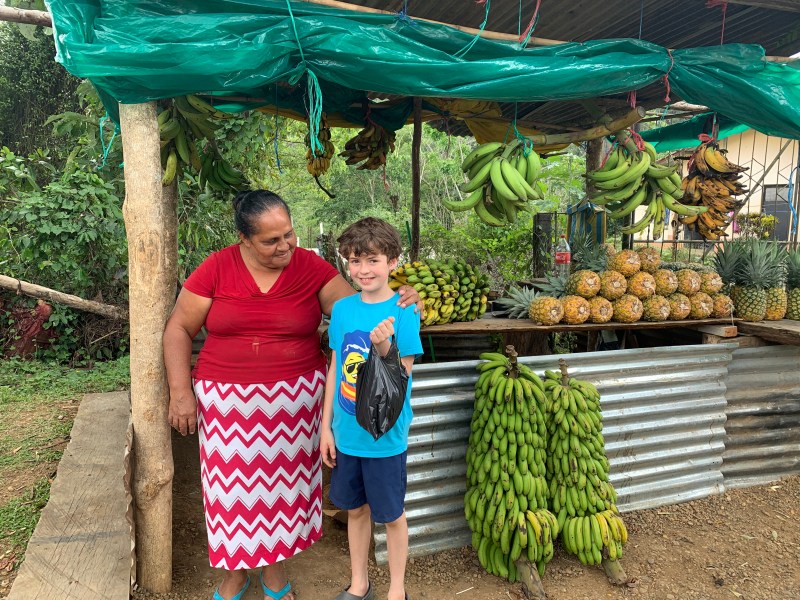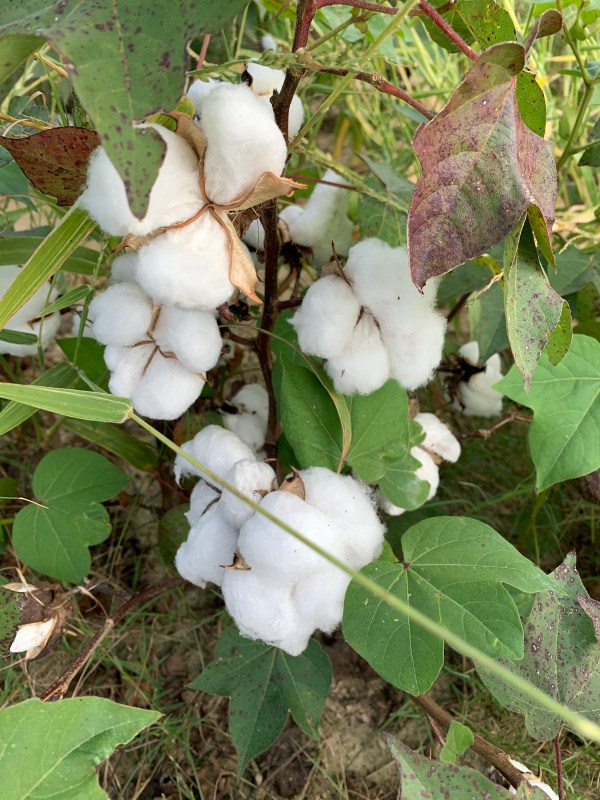Returning to America for a few months between country assignments abroad, we don’t take its conveniences for granted. Taxpayer money is working here, I note after returning a library book, driving by safe, clean playgrounds, delighted by the lack of trash in the streets and how well-paved the roads are, like smooth jazz, I think to myself after years of potholes.
After parking mere feet from the entrance of the grocery store (in a well-marked parking space), I enter to find it sparkly clean with well-stocked shelves. And, at self-check-out, there’s no need to convert currencies-I’m in and out in a flash. Before it’s even 9:30 in the morning, I’ve got all of my ingredients for dinner and have wrapped up errands without stress; not a feat easily achieved in developing countries.
On the other hand, because it’s so easy to pop into Target, Old Navy, Trader Joe’s, and stores with everything we need (and so much more that we don’t, but I”m a victim of marketing), I find myself in commercial spaces more frequently here. I realize, too, how much I miss having personal connections with local merchants like we do overseas.
In Cairo, I enjoyed asking Haani, the man with kind eyes who ran the street corner market if anything new had arrived. “Yes,” he would say, proudly pointing out a glass jar of rock salt collected from the flats in the Siwa valley. “There is a video about this salt- you would like to see?” He once asked, opening his phone before I could reply.

I watched his mobile screen with wonderment as it displayed a desert landscape with salt pools resembling the surface of the moon. When I handed him Egyptian pounds to buy the spice, he said, “Shoukran” (thank you.) “I don’t have change…but next time, ok?” I smiled and nodded as he handed me a tiny pack of gum as a show of faith.
Near our house in Honduras, Ramsay practiced Spanish at roadside stands as we bought produce directly from the families who grew it. And in Swaziland, with a mix of Siswati, broken English, and grins, I got updates about the infrequent (coveted) arrival of black beans and goat cheese. Those exchanges took a bit more effort but ultimately felt deeply rewarding.

Perhaps because in the states, we rarely know the story and person behind the sale, I’ve attempted to be more consciously aware of what we are buying. I admit that I still swipe my credit card at times without considering what it took for that product to end up in my hands, but I try to remember the ripple effect our purchases have; the impact it makes to support small businesses and farmers directly when we can.
“Do you know what that’s made of?” I ask our son Ramsay when he points to a Minecraft T-shirt with an expression of please, mom?
He stares at me blankly and takes a guess. “Cotton?”
We look at the tag and see it does have some cotton, (blended with synthetics I can’t pronounce) next to “Made in Vietnam.” We talk about the people and businesses involved in its manufacturing, and how much travel that T-shirt endured-perhaps in trucks, cargo ships, and planes in order to now hang where we are standing.
As a woman who grew up in Columbus, Georgia, a town known for its textile mills, I ask Ramsay to think about the T-shirt’s journey, how it may have been part of a supply chain beginning with cotton growing in a field that had to be combed, cleaned, and bleached then sent to a factory with large looms to weave it into fabric, involving many hands, countries and multiple machines. His eyes get big.
“Pretty amazing all of that work and travel went into this one T-shirt, right?” He nods, brow furrowed in thought.
On our next road trip, I make a point to stop by a cotton field to show Ramsay where the T-shirt began, to connect to its source, My lips form a smile as I see Ramsay’s mind turning, hopefully with a deeper appreciation as a future consumer who will be interacting with the wide world around him.



Beautiful piece, hope you all are doing well! Un abrazo!
Claudia
LikeLike
Gracias, Claudia. We miss you, neighbor
LikeLike
Excellent article. Looking forward to seeing you soon.
LikeLike
Tracy that was delightful and such a thoughtful piece. Talented girl!!!
LikeLike
I read your story again. You have such a way with words. Your story makes me want to know merchants better. Wouldn’t it be nice to deal in trust and smiles most of the time?
LikeLike
Thank you so much, Sharon, and yes it would.
LikeLike
My soul is smiling reading your account of awareness and intention in how we use/barter/share energy on this planet, T, and what the ripple effect can be. Your words go deep and inspire me to be even more attentive to details. Thank you for being who you are in the world and for being such a loving Mom to Ramsay. Warmest hugs to you, Tracy
LikeLike
Katherine, sincere gratitude dear friend. You inspire me, too!
LikeLike
Hi Tracy. thanks. I think your Mom forwarded this. Lovely piece of writing. Inspiring.
LikeLike
Sylvia, thank you for your kind words. Hope you are enjoying your summer.
LikeLike
Another wonderful piece. I wish we could all be as intentional as you are learning where things come from and supporting smaller businesses. We take soo much for granted. Thank you!🙏
LikeLike